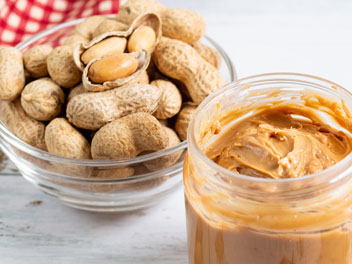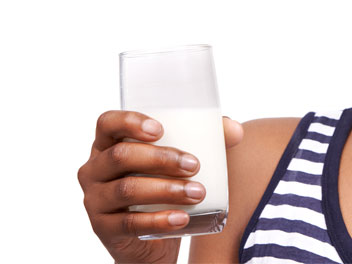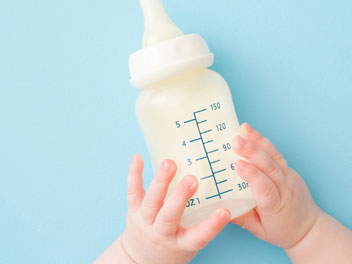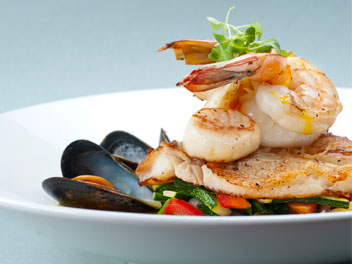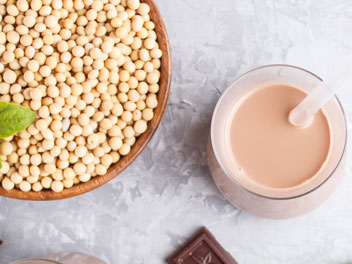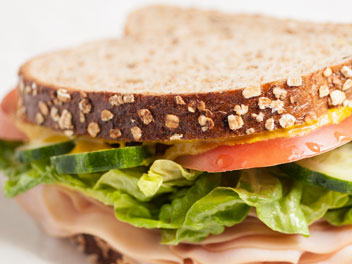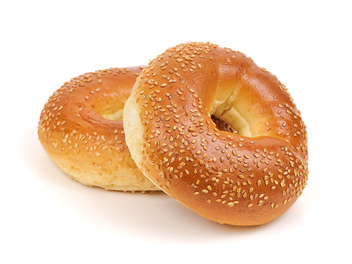Food Allergies (Topic Center)


Food Allergies
Food allergies can be serious, so it's important to quickly identify and treat allergic reactions.
-

Reading Food Labels
Carefully reading food labels is an important way to help prevent reactions.
-
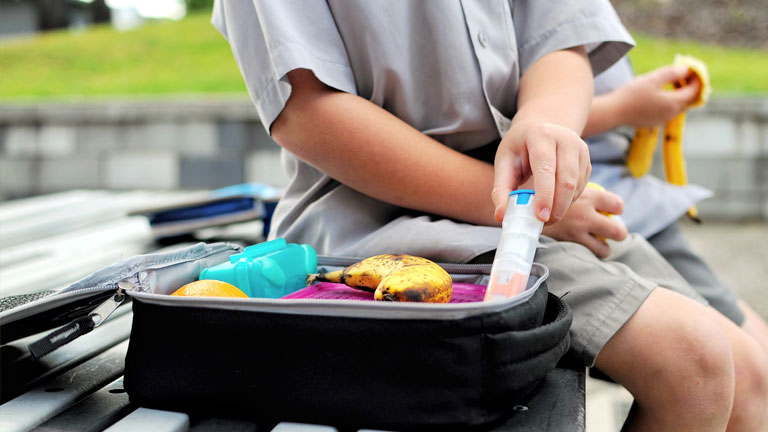
Handling Reactions
Acting fast helps your child during a serious allergic reaction.
-
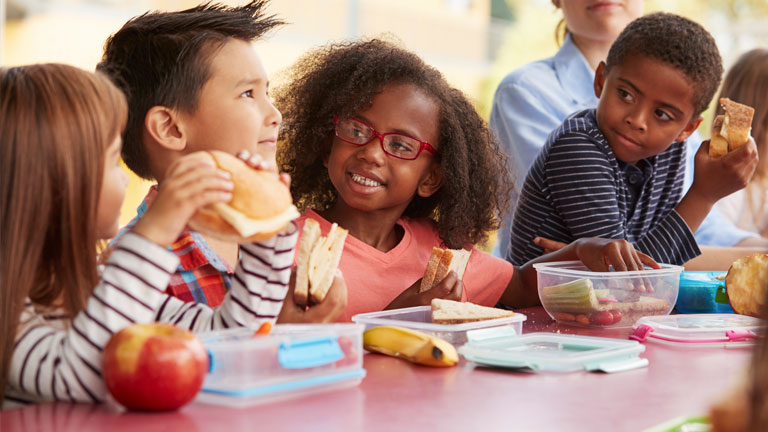
Planning for School
Kids with food allergies can stay safe at school with some organization and preparation.
Teach Your Child About Food Allergies
You want your child to be safe when you're not around. Even little kids can learn to say, "No, thanks; I have food allergies" if someone offers them a snack. These articles are written at your child's level. Share them or read and discuss them together.
-

Kids
Help your child avoid foods they are allergic to. Teach them what to do if they have a reaction. Help kids learn about their health by asking them questions like, "What are 3 signs of an allergic reaction?"
Help kids learn about food allergies
-

Teens
Teens are becoming more independent. Share these articles with your teen so they can help friends, teachers, and coaches understand — and step up when needed.
Food Allergy FAQs
Pollen-food allergy syndrome (also called oral allergy syndrome) causes a type of allergic reaction. It usually only affects the lips, mouth, and throat, and happens when someone with a pollen allergy eats some foods — fruits, vegetables, and nuts. For a few kids, it can be serious.
Red meat allergy is a food allergy that can happen after a tick bite.
Doctors often use a combination of skin testing and blood testing to diagnose a food allergy.
Related Topics

© 1995- The Nemours Foundation. KidsHealth® is a registered trademark of The Nemours Foundation. All rights reserved.
Images sourced by The Nemours Foundation and Getty Images.

